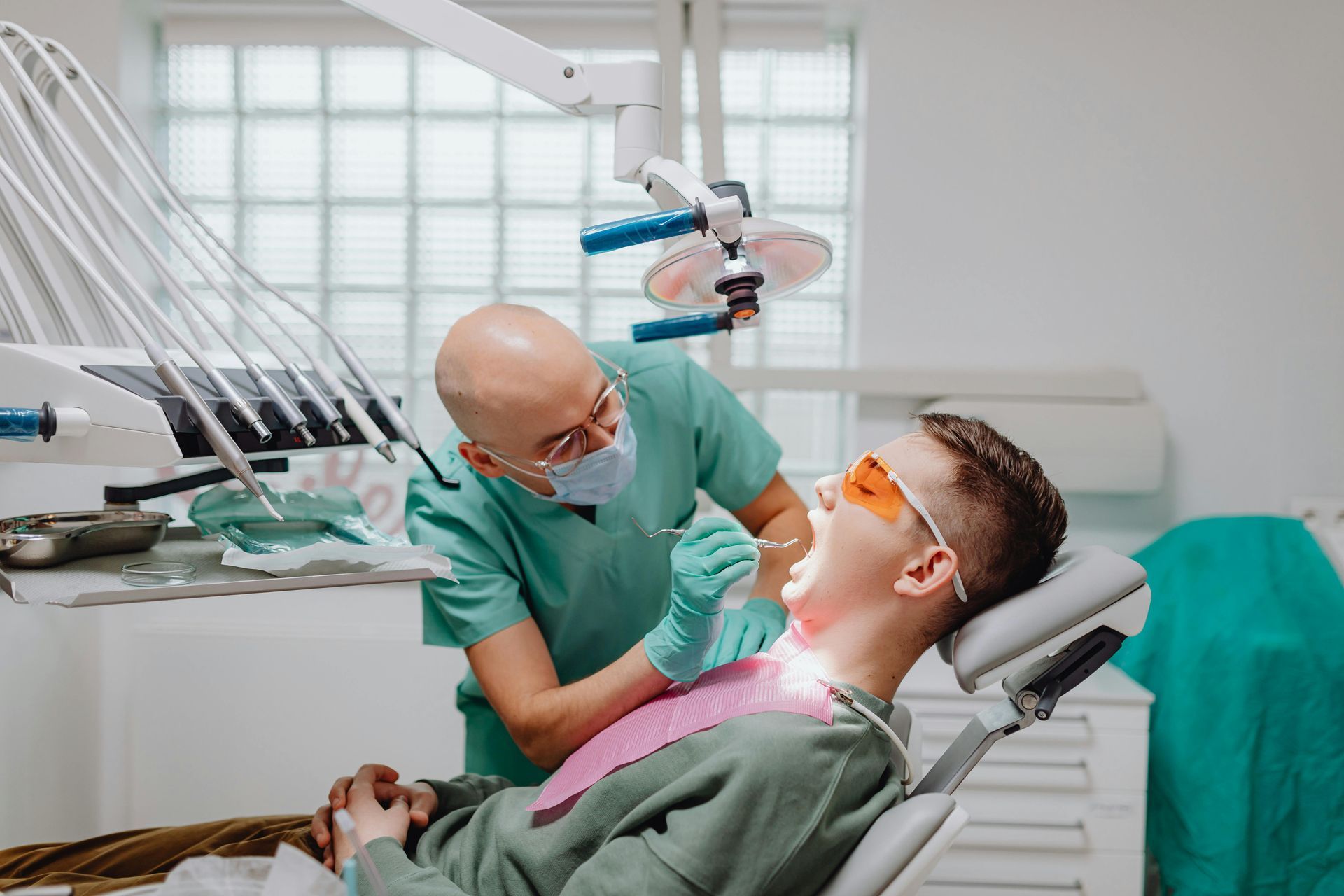Dentures Explained
Dentures Explained
Artificial teeth called dentures are replacements for natural teeth missing from your mouth. Some versions replace a few missing teeth, while others replace your entire dentition, including your gums and surrounding tissues. Tooth loss is a common occurrence from tooth decay, gum disease, and facial injuries. Depending on how many teeth are missing, you may find a need to seek dentures in Mississauga, ON.
Your facial muscles start sagging over time with missing teeth. Filling up your facial profile and improving your appearance in the task dentures are assigned. Dentures also make it easier for you to eat, chew and talk correctly.
Some popular types of dentures include:
- Full Dentures: If all your natural teeth are missing.
- Partial Dentures: These removable appliances are helpful if you have lost some teeth or prefer a removable option.
- Denture Implants: Denture implants are beneficial if you need the added retention because of bone loss. Denture implants anchor the teeth when they are in the mouth but are removable for cleaning.
- Immediate Dentures: If you want all your teeth extracted and replaced the same day can have immediate dentures from the dentist in Mississauga, ON.
Tooth Loss Causes
You may seek dentures only when affected by tooth loss, the primary causes of which are the following:
- Periodontal disease.
- Ageing.
- Poor dental hygiene.
- Severe tooth decay.
- A jaw or facial injury.
Your risks of tooth loss are higher if you are older than 35, male, smoke or use tobacco products, have rheumatoid arthritis, diabetes, or high blood pressure and frequently neglect dental exams and cleanings besides at-home dental care.
Denture Types
Pearl Dental Center provides different types of dentures. The version best suited for you depends on your oral health and lifestyle.
You can have partial dentures if you miss a couple of front teeth and confront issues biting foods and smiling. If you have had all your teeth extracted and replaced on the same day, do not assume you will receive a set of permanent dentures because the artificial teeth in your mouth merely function as temporary dentures and need replacements as your gums heal.
You can even have removable partial dentures for back teeth from this dental facility made from tissue-coloured acrylic replacement teeth with a metal framework holding the materials together.
If you desire increased stability and chewing functionality than traditional dentures, you can select implant retained dentures not attached to dental implants. These replacements click into place linking to the metal posts and can support one or several teeth or an entire set of teeth.
The Making of Dentures
After being evaluated for dentures, a dental lab requires a few weeks to customize them for you. You must schedule different appointments with your dentist or prosthodontist to have your artificial replacement teeth.
First, your dentist takes impressions and measurements of your jaw and teeth. The images help the dentist create a plaster model of your mouth, which is placed on an articulator allowing the technician to attach artificial teeth with wax.
After attaching the artificial teeth, the technician carves out and shapes the wax to create realistic-looking gum tissue. After the initial preparation, a flask is used to place the dental appliance. Additional plaster is poured on the denture to maintain its shape. Next, the flask goes into boiling water to rinse away any leftover wax. Next, acrylic is injected into the flask by the technician to replace the wax. Finally, a liquid separator is applied to the plaster to ensure the acrylic does not stick.
The plaster mould is carefully broken off the denture, and any remaining plaster is removed for the technician to trim any access acrylic and polish the denture. After completing the final step, the dentures are returned to your dentist, where you can set up an appointment for a fitting. If required, the dentist can make any adjustments.
Candidates For Dentures
Men and women are both candidates for dentures if they are affected by significant tooth loss. Artificial teeth are not age-dependent but on the condition of the patient’s teeth. Patients need to have sufficient jawbone structure and healthy gum tissue. In addition, artificial teeth require significant support from the natural tissue to remain in place for extended periods.
People over the age of 65 routinely have artificial teeth. Women over 40 also find the need for dentures overbearing.
If you have missing teeth, there is no reason to express disappointment for long because tooth replacement solutions are readily available either from time-tested dentures or other replacement solutions like dental bridges and dental implants. However, it is your responsibility to realize the consequences of tooth loss and act against it immediately to safeguard your oral and overall health.
At Don River Dental we offer safe soothing dentistry in North York . Please give us a call at 6479556061 we will be happy to answer any questions you have regarding dentures, the process or any other inquires.












